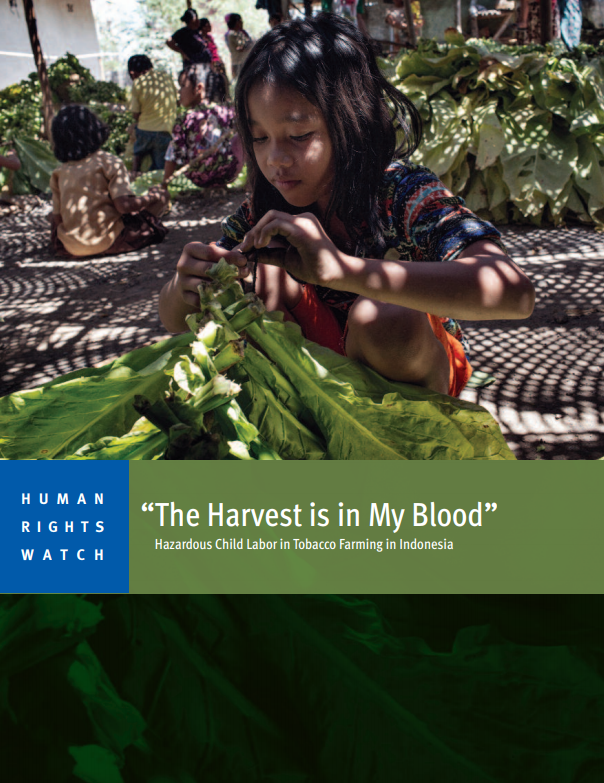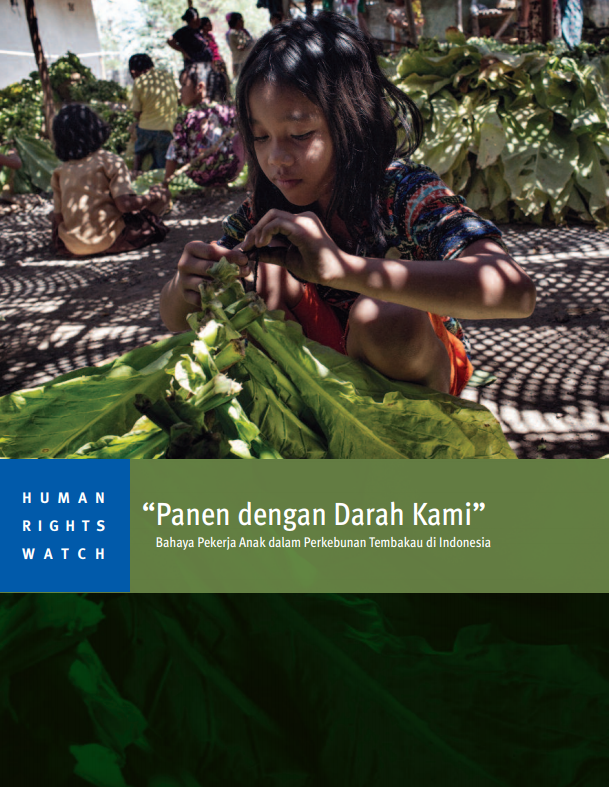LEARNING FROM OUR ACTIONS: HOW CAN WE BE COMFORTABLE WITH FAILURE?
PublicationsFindings from a series of learning papers previously developed by USAID Asia CTIP in 20211, showed that openly communicating, sharing and learning among CSOs and donors is key to ensuring that iterative programming takes place. This is vital to ensu...Read More


